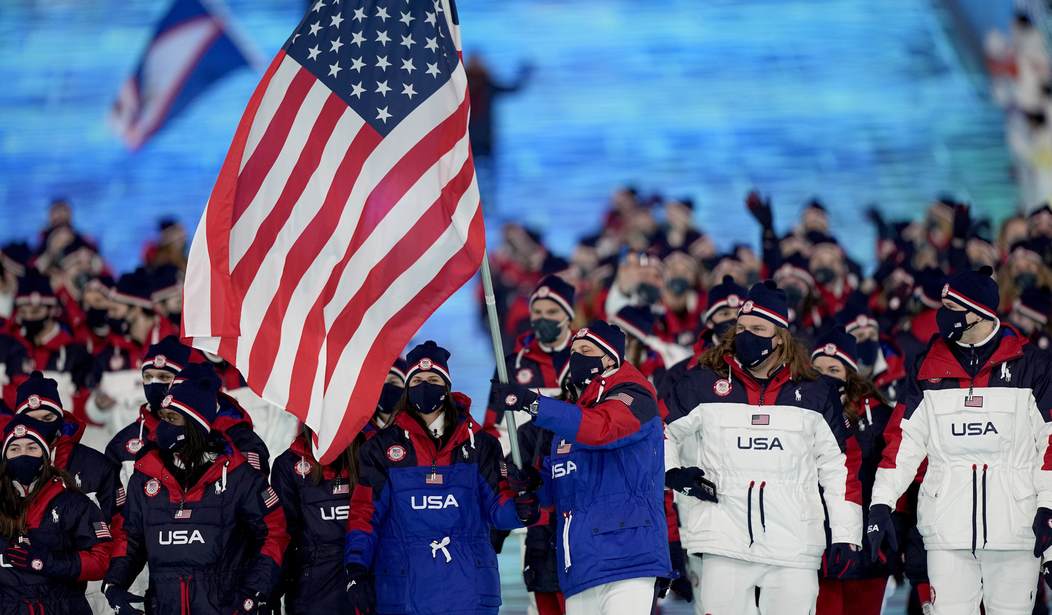I guess the Genocide Games never quite caught on.
NBC announced that the network averaged just 11.6 million viewers a night during the two weeks the games were televised. All told, there were 160 million viewers across all platforms.
That’s an unnerving 42% drop in winter Olympic viewership from the 2018 games in South Korea. At that time, NBC tried to slough off the low numbers by whining about the time zone difference. They can’t use that excuse this time, since Beijing is 8 hours behind New York while Seoul was 9 hours behind.
The United States participated in a “diplomatic boycott” of the Olympics that didn’t accomplish anything because China didn’t care.
A diplomatic boycott of the Beijing Olympics is a joke. China doesn’t care if Biden and Team show up. They want our athletes.
— Nikki Haley (@NikkiHaley) December 6, 2021
“The Olympics brand is really struggling. A lot of people don’t feel that emotional connection anymore,” Kent State media professor Tang Tang said. “Audiences watch the Olympics for the stories. They need that superhero story, that star quality.”
The Beijing Olympics featured a breakout performance by skier Eileen Gu who chose to represent China instead of the U.S., stirring criticism instead of rallying audiences to tune in and watch.
“Certainly one of the great supporting actors in every Olympics is the host city,” NBC Olympics President Gary Zenkel said. “It’s the culture, the people, even the sponsor activations. People from all over the world come together, and that is not (in Beijing), and there’s no way for us to try to translate something like that.”
NBC could have had a wonderful human interest story if they had been able to sneak a camera into Xinjiang province and record some of the activity at the death … er, work camps. But eagle-eyed Chinese guards not only would have prevented it, they would also have arrested anyone who tried it.
Related: China’s Third-World Accommodations for Olympics Can’t Be Hidden by Censorship
“Given the investment, [NBC has] got to be disappointed right now,” said Andrew Billings, director of the sports communications program at the University of Alabama.
“This was probably the most difficult Olympics of all time,” NBC Sports Chairman Pete Bevacqua said. Advertisers were given additional commercial time to make up for the audience shortfall. “They were made whole throughout the entire Olympics,” Mr. Bevacqua said of advertisers.
The highest night of prime-time viewership occurred on Sunday, Feb. 13, following NBC’s broadcast of Super Bowl LVI.
The Beijing Olympics faced the same issues as the Tokyo Summer Games, which occurred last summer after being postponed a year due to the coronavirus pandemic. Mr. Bevacqua pointed to difficulties such as few spectators, athletes wearing masks, no family and friends in the stands and “very harsh protocols in China” related to Covid-19.
The atmosphere was not just oppressive, it was depressing. But judging from the TV ratings in the 2021 Tokyo summer Olympics, it may very well be that the Olympics have lost their cachet as a global happening and have become just another venue for spoiled athletes and woke capitalist companies to show how much they care.










